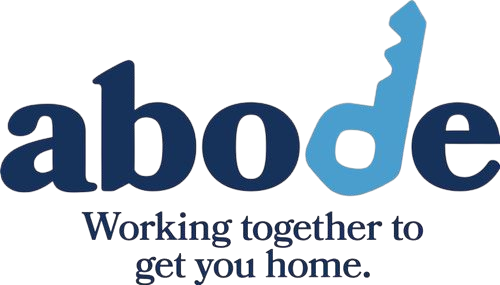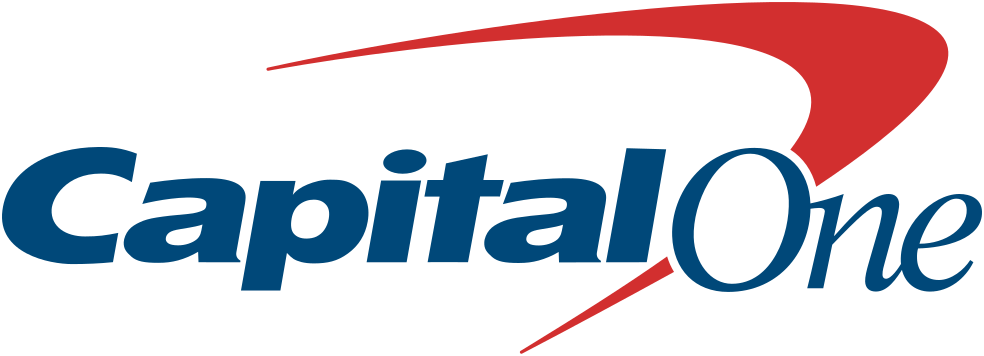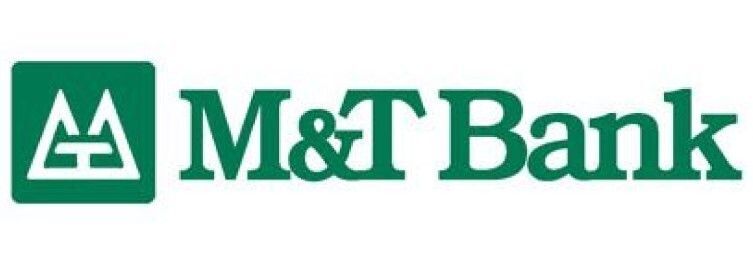Debt is part of our life and can be necessary, whether it is to pay for education, getting a home, buying a car, or expand our business. However, debt can easily get us into trouble if we don’t plan and take control over it.
People today have more consumer debt -from debit cards, furniture stores, installment loans and other sources- than ever before. This kind of debt can be debilitating and detrimental to your financial success.
Whether it is big or small, all of us have debt to some extent and none of us like to talk about it. However, even if your debt is not too serious, it is recommended to look for advice on how to change the way you spend in order to avoid having to deal with severe financial hardships.
There are several effective ways to manage debt, so that it works to your favor. To help you control and leverage your debt, we have highlighted some of the key strategies to approach it.
● Track your spending → the first step to making a positive change in the way you spend your money is tracking where it is going and make the needed changes. You might be overspending without even realize it, it is important to find out why you are over budget, then find ways to reduce or eliminate spending in problem areas. For example, you can start by setting aside receipts of daily living expenses, such as groceries, personal items and transportation during two to four weeks, so you can determine your expenditures. Once you have this information, calculate your net monthly income and your average spending.
● Reduce your debt load → there are several options to reduce the cost of existing expenses and lighten your debt load. First, decide how many credit cards you really need. It is generally a good idea to keep at least one credit card for emergencies and limited uses, but you should consider cutting up the cards you don’t use gradually. Second, consider consolidating all of your bills on the card with the lowest interest rate and annual fee. Finally, make a long-term repayment plan and try to pay off or pay down as many debts as you can.
● Be honest about your debts → ignoring your debts can make things worse, it is better to be realistic and talk openly about them with your family. Start by making or revising the family budget and looking for ways to reduce the spending. Use cash for everything you buy until your debts are paid off. Give each family member a weekly allowance for all cash purchases, including groceries, drug store item, transportation, lunches, and other necessities. When the cash is gone, stop spending. Finally, try to look for luxuries that you can give up temporarily until you have paid off your debts.
● Look to the future → It’s recommended that while you pay off your debt you also make payments to your savings account. This can be helpful in an emergency situation, and you will not have to rely only on your credit cards in the future. It is important to remember that planning and controlling your daily spending habits can put you in a better long-term financial situation. The way to prevent a poor credit record is to use credit wisely. Only take as much debt as you can pay back comfortably.
If you are not sure what amount of debt is right for you or need advice on how to elaborate an efficient budget, talk with a financial counselor at a non-profit housing counseling agency.


















